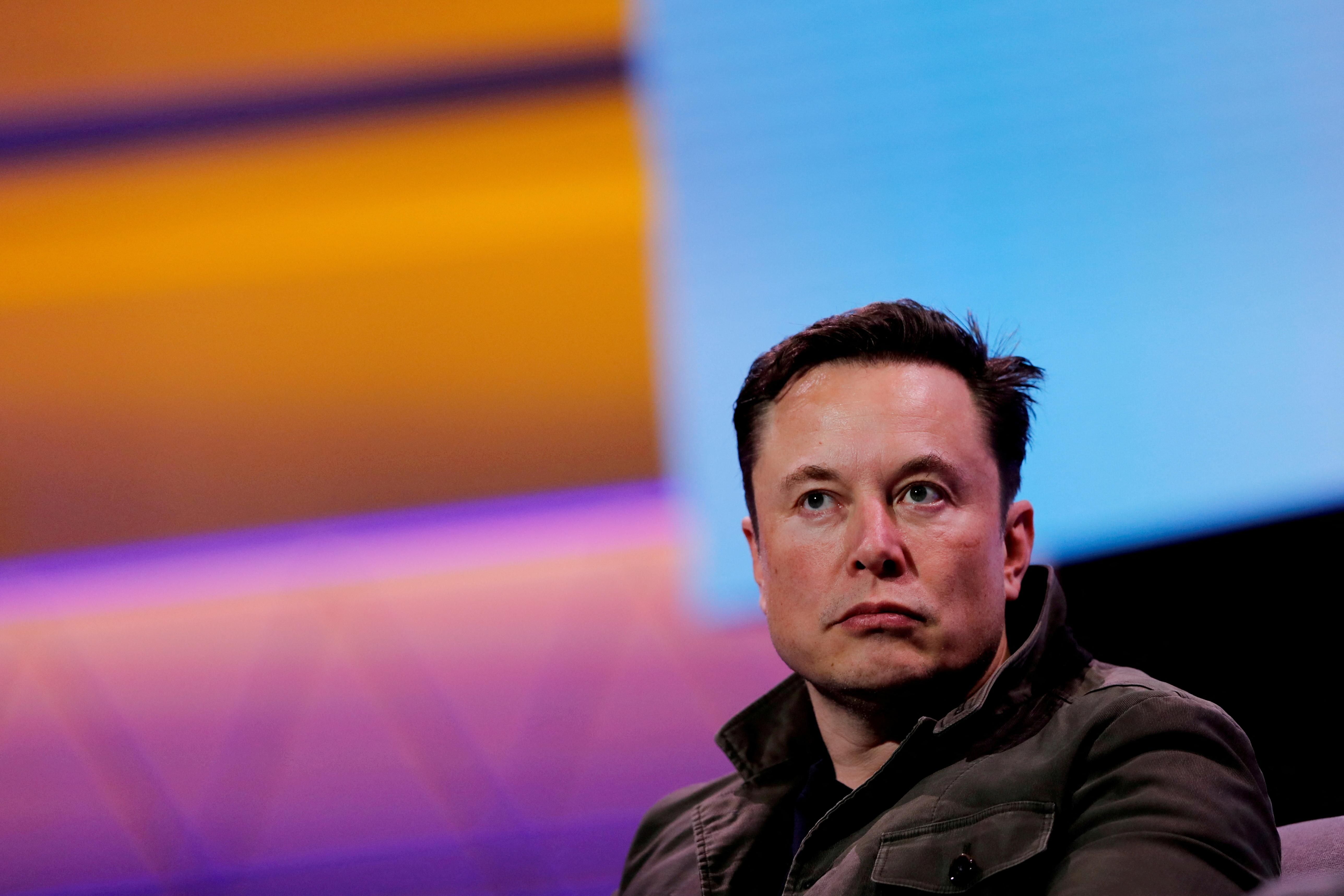December 29, 2021
A scent of Musk in US-China space spat. Pull up! pull up! Beijing earlier this week accused the US of creating danger in space after Chinese astronauts commanding their country’s sparkling new space station nearly crashed into a satellite launched by Elon Musk’s SpaceX. Beijing says the US government has to ensure that Musk’s satellites honor a 1967 treaty on safety in space. Given that SpaceX plans to launch thousands more satellites as part of its Starlink global internet access project, an already cluttered orbit is going to get even more dangerous. Governments will have to sort out who is responsible for policing private spacecraft. In the nearer term, we wonder whether this week’s near-miss space spat will have implications for Musk back on earth: China is currently the only country outside the US where his Tesla electric car company runs a factory (Germany is next, beginning early next year.) Chinese social media has reportedly lit up with criticism of Musk, with anecdotal accounts of calls for a Tesla boycott. That could hurt. Last year, Tesla sold $3 billion worth of cars in China, more than a fifth of its overall sales.
Abbas meets Gantz in Israel. In a meeting decried by hardliners on both sides of the Palestinian-Israeli conflict, Palestinian Authority President Mahmoud Abbas travelled to the home of Israeli Defense Minister Benny Gantz for a two-hour meeting on security and economic relations. The trip, Abbas’s first official visit to Israel in a decade, came against the backdrop of escalating attacks by Jewish settlers in the West Bank, as well as increasing violence by Palestinians in the West Bank and inside Israel. After the meeting, Israel announced “confidence-building measures,” including an advance transfer of taxes to the PA and additional permits for Palestinian businesspeople to cross into Israel. But the militants of Hamas, which controls the Gaza Strip, blasted Abbas’ move as treasonous, while the rightwing Likud party of former PM Bibi Netanyahu warned of dangerous “concessions” to the Palestinians. Still, some 60 percent of Palestinians polled say that anything to improve their daily lives is worth pursuing. That puts Abbas on the spot to deliver — the same poll shows three-quarters of Palestinians want him to resign. Overall, the Abbas-Gantz meeting is hardly a breakthrough. The official position of Israeli PM Naftali Bennett is that “there won’t be” a renewed peace process anytime soon. But in a conflict that has rarely seen significant leaps of progress, merely opening the way to constructive talks is always worth keeping an eye on.
Putin requests call with Biden. The Biden administration has announced that the US president will hold another call with Russia’s President Putin on Thursday afternoon “to discuss a range of topics, including upcoming diplomatic engagements with Russia.” Crucially, the White House says Putin asked for the meeting. The presence of tens of thousands of Russian troops near the border with Ukraine has set Europe and the US on edge and NATO on alert. But the threat of a Russian invasion is tempered by the high economic and political costs that Russian casualties and an occupation of parts of Ukraine hostile to Moscow would impose. We’ll be watching for any sign that Putin can draw some concession from Biden that can help him claim a political victory without a shot being fired.
More For You
- YouTube
In this Quick Take, Ian Bremmer weighs in on the politicization of the Olympics after comments by Team USA freestyle skier Hunter Hess sparked backlash about patriotism and national representation.
Most Popular
Bad Bunny during the Super Bowl LX halftime show press conference at Moscone Center.
Kirby Lee-Imagn Images
100 million: The number of people expected to watch the Super Bowl halftime performance with Bad Bunny, the Puerto Rican superstar and newly minted Album of the Year winner at the Grammys.
Alysa Liu of Team USA during Women Single Skating Short Program team event at the Winter Olympic Games in Milano Cortina, Italy, on February 6, 2026.
Raniero Corbelletti/AFLO
Brazilian skiers, American ICE agents, Israeli bobsledders – this is just a smattering of the fascinating characters that will be present at this year’s Winter Olympics. Yet the focus will be a different country, one that isn’t formally competing: Russia.
What We’re Watching: Big week for elections, US and China make trade deals, Suicide bombing in Pakistan
Feb 06, 2026
Japanese Prime Minister Sanae Takaichi, president of the Liberal Democratic Party (LDP), appeals for a candidate during a street speech of the House of Representatives Election Campaign in Shintomi Town, Miyazaki Prefecture on February 6, 2026. The Lower House election will feature voting and counting on February 8th.
The Yomiuri Shimbun
Japanese voters head to the polls on Sunday in a snap election for the national legislature’s lower house, called just three months into Prime Minister Sanae Takaichi’s tenure.
© 2025 GZERO Media. All Rights Reserved | A Eurasia Group media company.
